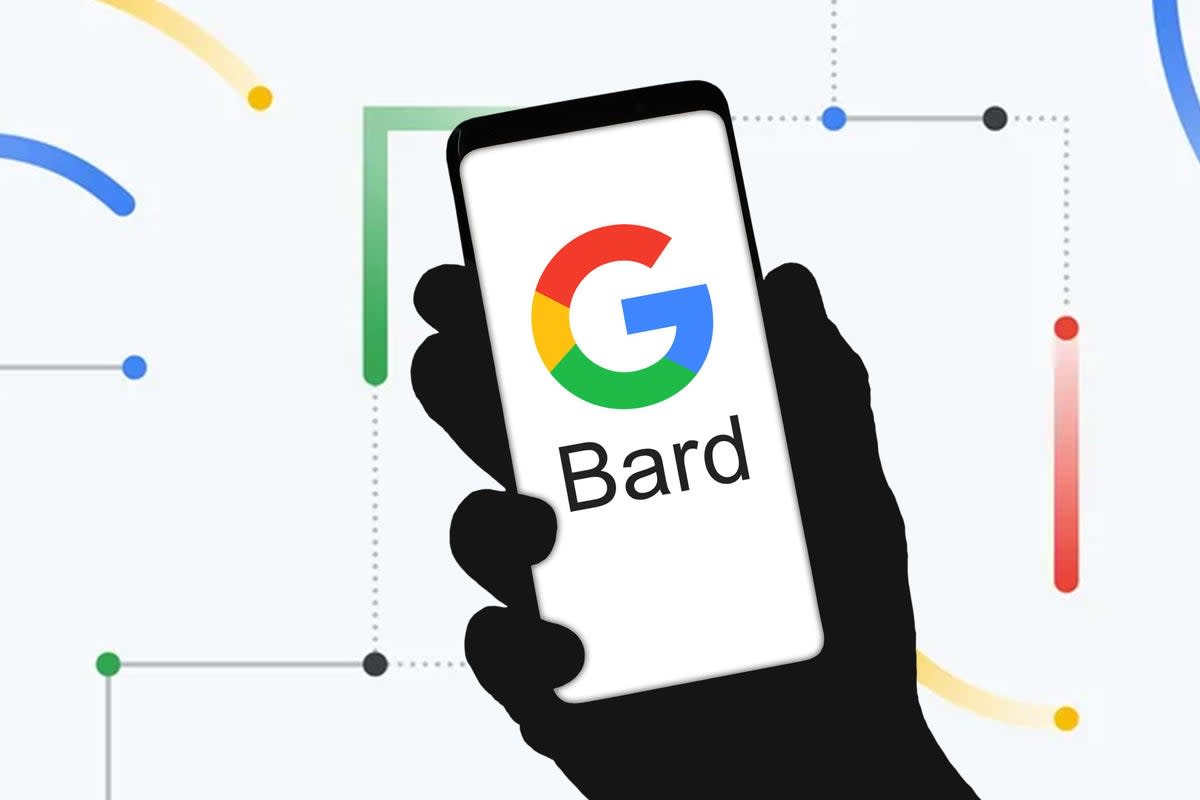Google asks the public how it should improve its Bard AI

If you’ve been using AI chatbots since they burst onto the scene more than a year ago, you may have some thoughts about the conversational helpers.
Maybe, you think they spout too many errors. Or are you in the camp that thinks they’re being dumbed down or censored? And what about all those handy features you have to pay for? Do you think they should be absolutely free irrespective of the high cost of running artificial intelligence?
Well, if 2023 was the year we got our first taste of AI chatbots, 2024 may be when we help to shape how they work.
Google has kicked off the year by crowdsourcing feedback on its six-month-old Bard chatbot.
In a question and answer session on Reddit, the tech giant was inundated with requests for new features and functions for the AI helper.
High up on the public’s wishlist was Bard integration with Google Assistant, the digital helper that lives in Android phones and smart speakers.
As Google confirmed in its response, that combination is officially in the works. The company revealed the upcoming integration back in October at the launch of its Pixel 8 smartphone range.
With Bard’s help, Google Assistant should be able to offer more personlaised help, we were told, like planning your next trip, digging out details in your email inbox, and even making a shopping list.
Reddit users also asked for a more powerful version of Bard powered by Google’s most advanced AI large language model, Gemini Ultra.
As it turns out, we’re getting that, too. Google revealed three versions of Gemini in early December, and said Bard was running on the middle tier, Gemini Pro. The top-of-the-range Ultra model is supposed to launch early this year, with the ability to understand images, video and audio.
Since its launch, Google has released a number of updates for Bard, including support for more languages, integrations with other Google apps like Gmail and Google Maps, and responses that include images.
Other Bard features that Reddit users asked for were a standalone app, a persistent memory to help with longer tasks, and less censorship of its answers.

 Yahoo News
Yahoo News 
